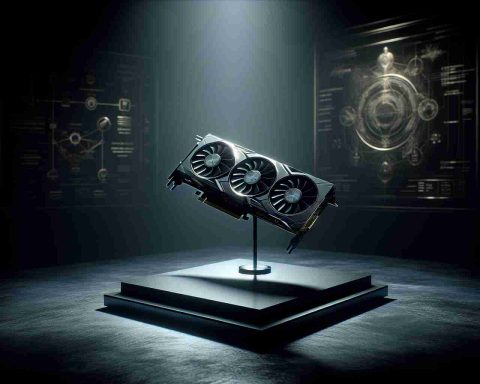On Saturday, Prime Minister Marcel Ciolacu visited Cluj-Napoca, where he toured the site of the upcoming Research Institute for Artificial Intelligence at the Technical University of Cluj-Napoca (UTCN). During his visit, he expressed confidence in Cluj’s transformation into a significant hub for artificial intelligence innovations.
The inauguration of this institute, expected to officially open its doors by the end of 2025, marks a pivotal step for the region. The rector of UTCN highlighted the university’s commitment to becoming a leader in research and technology, emphasizing the immense potential the institute will offer students and local businesses alike.
Ciolacu commended the collaborative vision shared among university leadership and government representatives, noting the favorable conditions created by European funding. He recognized the institute as a unique partnership featuring global corporations and fostering the development of cutting-edge technology in areas such as the Internet of Things, cybersecurity, and robotics, among others.
With an investment of over 105 million lei, the project aims to enhance educational practices and strengthen ties with the local industry. As the first of its kind in Romania, this initiative reflects a dynamic ecosystem that combines educational growth with technological advancement, positioning Cluj-Napoca as a key player on the international stage for artificial intelligence. The future holds great promise as this transformative journey unfolds for the region.
Cluj’s Ambitious Leap into Artificial Intelligence: An Emerging Landscape
Cluj-Napoca, often referred to as the “Silicon Valley of Romania,” is gearing up to embrace the burgeoning field of artificial intelligence (AI) with significant developments set to transform its technological landscape. While the establishment of the Research Institute for Artificial Intelligence at the Technical University of Cluj-Napoca (UTCN) garners much attention, there are several additional dimensions to this initiative that warrant discussion.
What Makes Cluj Unique in the AI Space?
One of the most compelling aspects of Cluj’s AI ambitions is its vibrant startup culture. The city is home to a growing number of tech startups that are already engaging with AI technologies, ranging from machine learning and data analytics to natural language processing. This ecosystem encourages innovation and collaboration, providing fertile ground for the institute to take root and flourish.
Also, Cluj’s diverse academic offerings draw students from various disciplines, creating a multidisciplinary environment that is essential for tackling complex AI challenges. This diversity not only enhances research capabilities but also prepares students for the multifaceted nature of jobs in AI.
Key Challenges and Controversies
Despite its advantages, Cluj faces several significant challenges as it embarks on this ambitious journey.
1. Talent Retention: One of the primary concerns is talent retention. Many graduates from local universities often seek opportunities abroad, lured by attractive salaries and advanced projects in more established tech hubs. Cluj must implement strategies to retain its talent and attract seasoned professionals.
2. Funding and Resources: Although initial investments from the government and European Union provide a strong foundation, securing consistent funding for ongoing research and development projects can be challenging. The sustainability of the AI institute depends on the ability to attract both public and private investment in the long run.
3. Ethical Considerations: As AI technologies evolve, ethical dilemmas such as data privacy, decision-making transparency, and job displacement cannot be overlooked. Cluj’s institute will need to prioritize discussions around ethical AI practices to foster a responsible approach to technology development.
Advantages and Disadvantages of Cluj’s AI Initiative
Advantages:
– Economic Growth: The establishment of the AI institute is likely to catalyze economic growth in the region, attracting investments and creating jobs.
– Innovation Hub: The collaboration between academia, industry, and government can lead to breakthrough innovations and increase Cluj’s visibility on the global AI stage.
– Educational Enrichment: Availability of specialized programs will enhance the educational landscape and provide students with valuable skill sets.
Disadvantages:
– Investment Risks: The commitment of funds to a relatively nascent field poses risks if the expected returns do not materialize.
– Inequality in Tech Access: There is a risk that technological advancements may not equally benefit all segments of society, potentially widening gaps.
– Intense Competition: As AI becomes a focal point globally, Cluj may face stiff competition from other regional tech hubs, making its success uncertain.
Looking Ahead
Cluj-Napoca stands at the threshold of an exciting journey into artificial intelligence, with its new institute poised to emerge as a crucial player in the domain. As the city balances its strengths and challenges, the foundational ethos of collaboration and innovation will likely dictate its success moving forward.
For further information on this topic, you can visit Romania Insider.
















